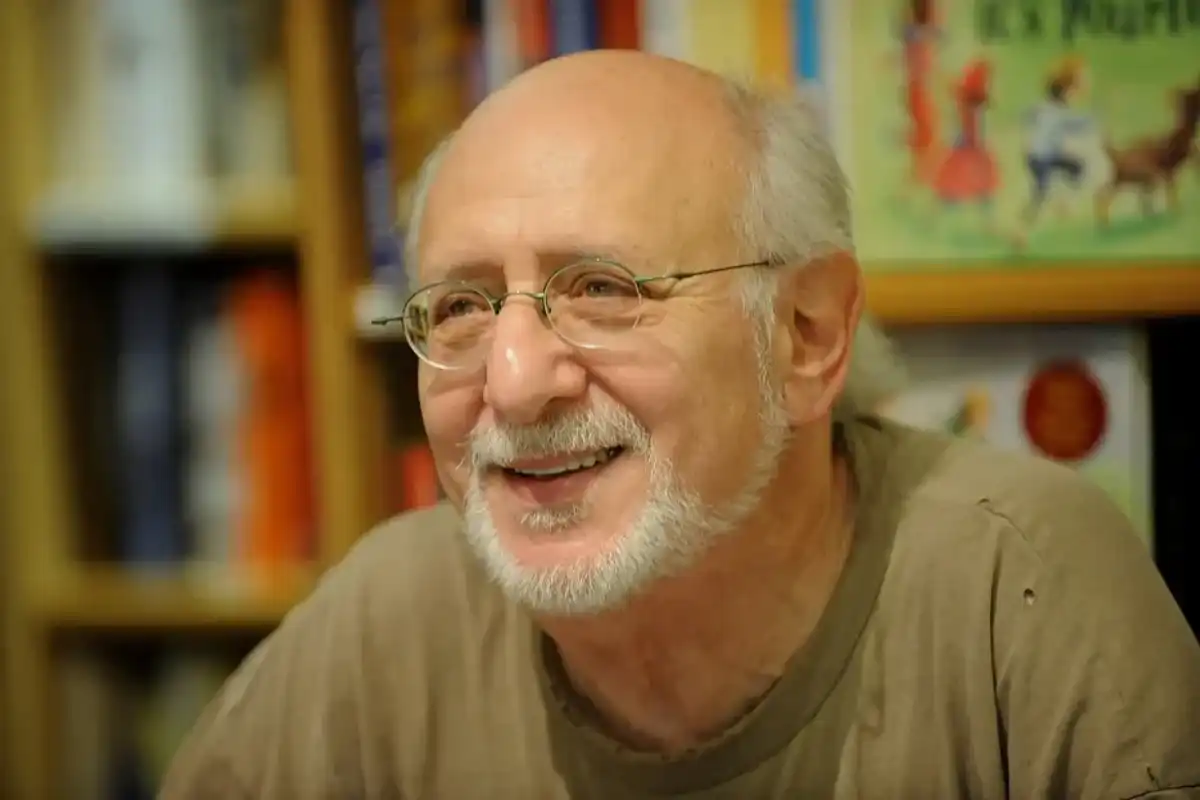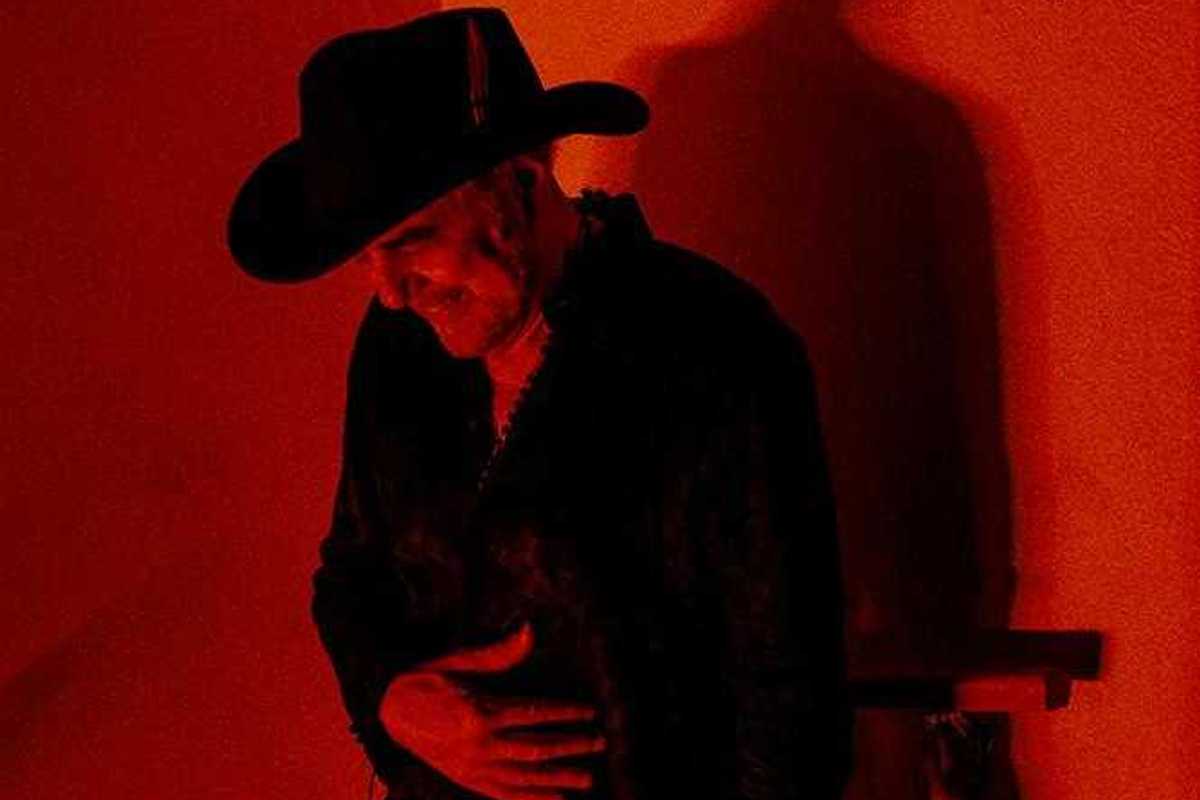Peter Yarrow of Folk Trio Peter, Paul and Mary Dies at 86
The singer was best known for such folk pop hits as "Puff the Magic Dragon" and "If I Had a Hammer."

Peter Yarrow attends a book signing for his new book "It's Raining, It's Pouring" at McNally Jackson on August 1, 2012 in New York City.
Peter Yarrow, one third of the beloved 1960s folk trio Peter, Paul and Mary has died at 86. According to the New York Times, spokesperson Ken Sunshine said the singer and anti-Vietnam War activist died at his home on the Upper West Side of Manhattan following a four-year battle with bladder cancer.
With his high tenor melding seamlessly with baritone Paul Stookey and contralto Mary Travers, Yarrow and this singing partners produced some of the most beloved songs of the 1960s, taking the lead on classics “Puff the Magic Dragon,” “The Great Mandala” and “Day Is Done,” all of which he wrote or co-wrote.
Perhaps the group’s most well-known track, “Puff the Magic Dragon,” was penned by Yarrow based on a poem by fellow Cornell grad and author Leonard Lipton about a magical dragon name Puff and his human friend, child Jackie Paper, who take off on adventures in the magical land of Honalee. Fans of the 1963 song — which was later turned into a beloved 1978 animated special and two follow-up sequels — were convinced that it was larded with secret drug references, tagging it as a trojan horse ditty about smoking weed, a claim both Lipton and Yarrow repeatedly denied.
The song was one of the group’s most successful on the Billboard charts, peaking at No. 2 on the tally in August 1963. Following Yarrow’s death and Travers’ passing in 2009 at age 72, Stookey, 87, is the group’s last living member.
“Our fearless dragon is tired and has entered the last chapter of his magnificent life. The world knows Peter Yarrow the iconic folk activist, but the human being behind the legend is every bit as generous, creative, passionate, playful, and wise as his lyrics suggest,” daughter Bethany Yarrow said in a statement according to the Associated Press.
Yarrow was born in Manhattan on May 31, 1938 and after starting his singing career as a student while pursuing a degree in psychology at Cornell University in the late 1950s. He moved back to the city to begin performing in New York’s burgeoning Greenwich Village folk scene after graduation. After a performance at the Newport Folk Festival, he met the event’s founder and famed music manager Albert Grossman, who shared his idea for putting together a vocal group in the vein of the Weavers, a harmony quartet from the 1940s and 50s that sang traditional folk and labor songs as well as children’s tunes and gospel; it originally featured beloved folk singer/songwriter Pete Seeger.
It was Dylan manager Grossman’s idea to put Yarrow and Travers together, with the latter later suggesting the addition of Stookey, who both had performed with on the folk scene. After signing to Warner Brothers Records, they debuted in 1962 with the song “Lemon Tree,” which peaked at No. 35 on the Hot 100. Quickly establishing their folk credentials, they followed up with the 1949 Seeger/Lee Hayes-penned protest anthem “If I Had a Hammer,” which won them two Grammy Awards in 1962 for best folk recording and best performance by a vocal group; they were also nominated for best new artist that year. They picked up two more Grammys the next year in the same categories for their cover of Bob Dylan’s “Blowin’ in the Wind” and a fifth one in 1969 for the Peter, Paul and Mommy LP, which peaked at No. 12 on the album chart.
Among their string of hits on the Billboard Hot 100 were their 1969 No. 1 cover of John Denver’s “Leavin’ on a Jet Plane,” as well as the No. 9 charting “I Dig Rock and Roll Music” and the No. 21 hit “Day Is Done.” They were also well-known for their charting covers of such Dylan classics as “Blowin’ in the Wind” (No. 2, 1963) and “Don’t Think Twice, It’s All Right” (No. 9, 1963), scoring a total of five albums inthe top 10 on the Billboard 200 chart. Two of those albums, a self-titled collection from 1963 and that year’s In the Wind, topped the album chart.
In keeping with the tenor of the era, the group were also notable for their strong, progressive political stance in song (“The Cruel War,” “Day Is Done”) and in practice. They participated Martin Luther King Jr.’s March on Washington in 1963, performing Dylan’s “Blowin’ in the Wind” (and “If I Had a Hammer”) on the steps of the Lincoln Memorial, helping to cement that song’s place as a civil rights anthem.
In total, the group released nine albums during their initial run before breaking up in 1970. It was around that time that Yarrow was accused of taking “immoral and indecent liberties” with a 14-year old girl, Barbara Winter, after she and her older sister came to his hotel room for an autograph and he answered the door naked and forced her to perform a sex act on herself. The singer was indicted and sentenced to one to three years in prison, and ended up serving just three months. He later apologized for the incident and was granted a presidential pardon by Jimmy Carter in January 1981, just before the late president’s final day in office.
Yarrow was also an indefatigable anti-war protester, helping to organize the anti-Vietnam National Mobilization to End the War protest in 1969 in Washington that drew nearly 500,000 fellow anti-war activist, as well as 1978’s anti-nuclear benefit show Survival Sunday at the Hollywood Bowl, which featured appearances by Jackson Browne, Graham Nash and Gil Scott-Heron, among others. In 2000, he founded Operation Respect, a non-profit that aimed to tackle the mental health effects of school bullying.
In addition to his work with the trio, Yarrow released five solo albums, scoring a No. 100 hit on the singles chart with “Don’t Ever Take Away My Freedom” in 1972 and a No. 163 debut on the Billboard 200 album chart in 1972 for his debut solo LP, Peter. Following solo ventures by all three, the trio reunited several times over the ensuing years, including for a 1972 concert to support George McGovern’s failed presidential campaign, his 1978 Survival Sunday anti-nukes show and a summer reunion tour that same year.
By 1981 they were back together for good, performing and releasing five more albums before Travers’ death.
Check out some of Yarrow’s highlights below.
















